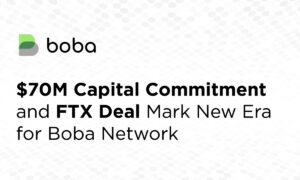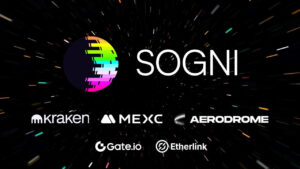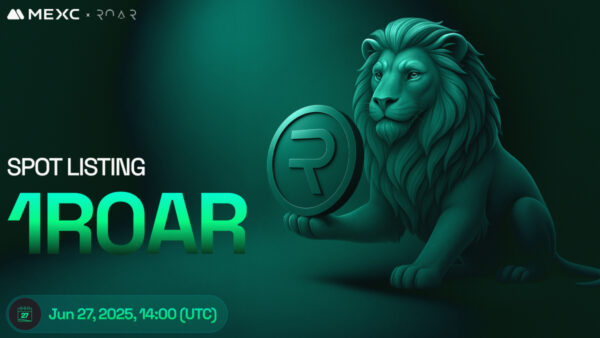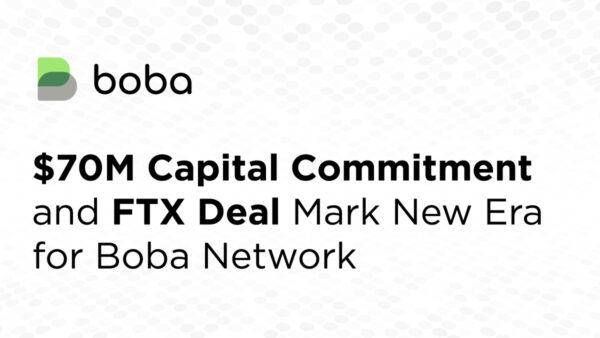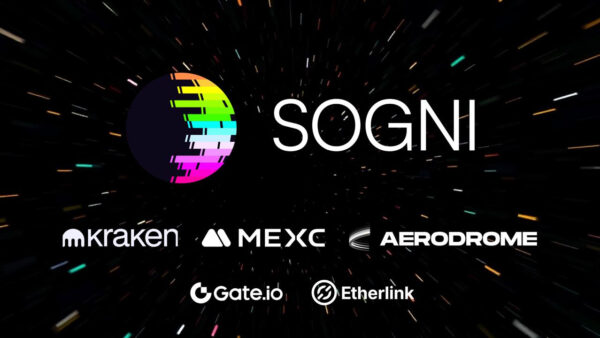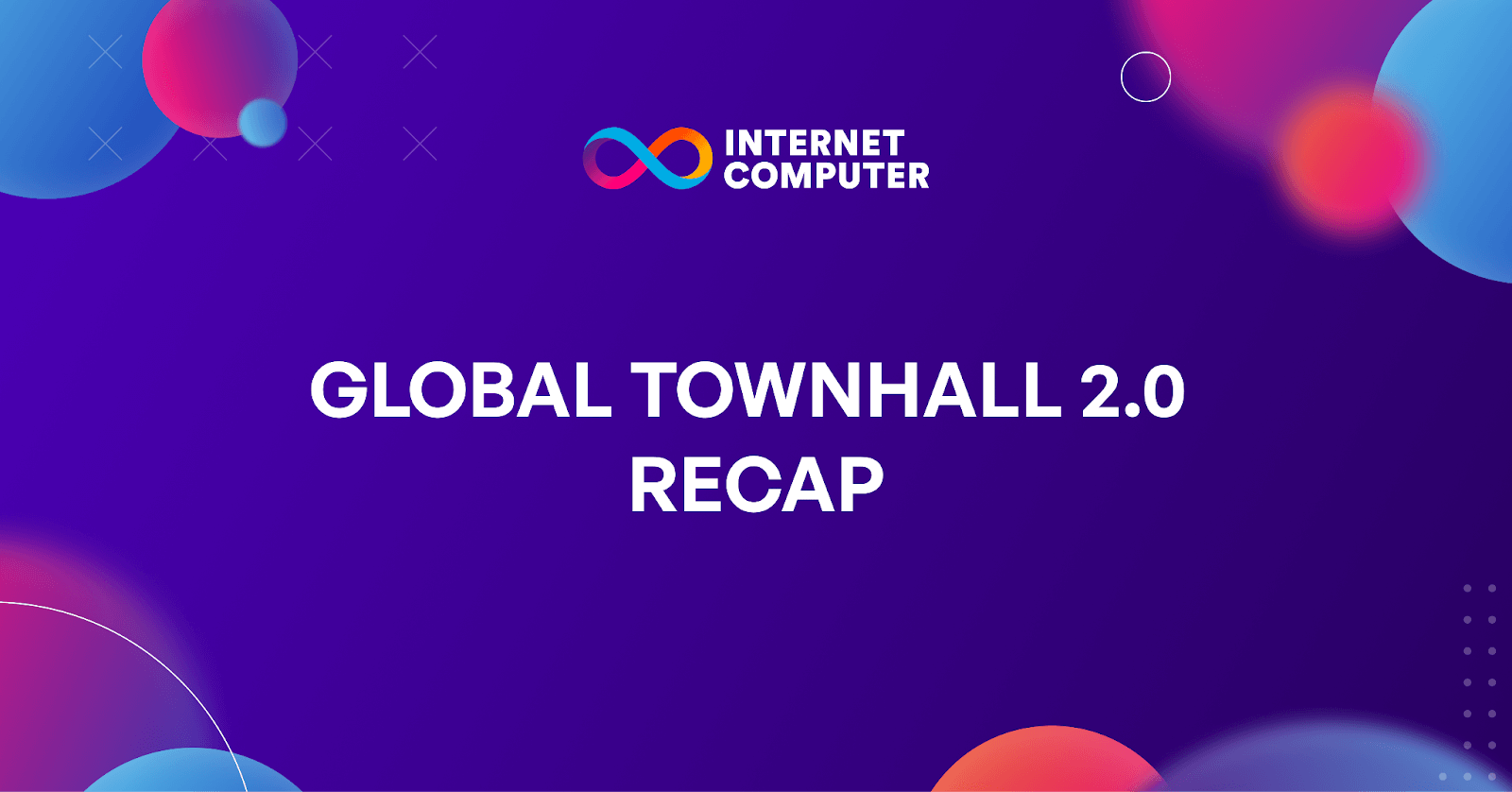
On Thursday, July 25, ICP Hubs hosted the highly anticipated Global Townhall 2.0 event, “Chain Fusion Summer.” This event, held on the X platform (formerly known as Twitter), united the global Web3 community to engage in lively discussions and presentations.
The town hall lasted a full day, with hubs from around the world hosting panels and instigating insightful discussions about the future of multi-chain technology with the Internet Computer Protocol, the role of artificial intelligence in blockchain, the importance of diversity in the Web3 space, and Web3 investment opportunities in Europe.
With over 40 hours of content, the event topped previous Global Townhall records for engagement and viewership and started with an introduction to Chain Fusion. This concept represents an exciting ICP capability that enables direct interoperability between all major blockchains, including Bitcoin, Ethereum, and other EVMs, without relying on trusted intermediaries.
The European Alliance
The European hubs represented the region with pride, and held panels spanning across investments, AI and a Multichain future, with speakers such as Nirado from XDeGods, Sharon Sciammas from Chain GPT and Tim Haldorsson from Lunar Capital leading discussions.
ICP Hub Portugal led a panel around the European investment landscape, focused on the current state and future prospects of Web3 investments across Europe. This panel was contributed to by Ivan Malstsev from 3x Capital, Paul Vinitsky from Synexis, Manuel Mendes from Enigma Fund and Tim Haldorsson from Lunar Capital and was a haven for insightful information.
Ivan emphasised the growth potential in DeFi and the tokenization of real-world assets, despite regulatory challenges. Paul highlighted Lisbon’s favourable crypto ecosystem. Manuel showcased their unique approach to venture, deploying 70% of their capital to actively advised companies like Privasea and SuperChain. Tim discussed strategic fundraising and collaborations with Enigma Fund, underscoring the importance of AI projects and the privacy of data in the current landscape.
The speakers noted several key points: DeFi and real-world asset tokenization are poised for significant growth; Lisbon offers a crypto-friendly environment and strong venture capitalist network; Berlin has a strong developer talent pool and acceleration programs; Paris presents substantial investment opportunities with government support for Web3 ventures; and London, as a global financial center with a robust venture capital presence and clean regulatory environment, is a viable option for Web3 development.
Wrapping Up
The ICP HUBS—Global Townhall 2.0 was a huge success, offering an exciting glimpse into the future of multi-chain technology, AI integration, diversity in Web3, and investment opportunities in Europe. Each session provided valuable insights and sparked meaningful conversations among participants.
It is clear that European cities like Lisbon, Paris, and Barcelona are quickly becoming central hubs for Web3 innovation, thanks to their strategic locations, supportive environments, and high quality of life.
This Global Townhall has shown ICP is quickly gaining steam and the recognition it deserves as a core facilitator of growth for the adoption of blockchain technology, with ICP Hubs at the centre of it all.
ICP Hub Portugal
ICP Hub Portugal is one of the latest additions to ICP’s global developer community, led by Tim Haldorsson, Founder and CEO of Lunar Strategy. Their mission is to enable builders and developers to bring their ideas to life, using IC Protocol. From networking events and builder workshops to hackathons and other activities, the hub aims to create a community of like-minded and forward-thinking founders and builders, and support them in contributing to an open and autonomous internet.
Internet Protocol (ICP)
The Internet Computer Protocol (ICP) is a blockchain network, forging the next generation of IT architecture and infrastructure. Founded by the DFINITY Foundation, ICP is empowering builders and developers with the tools needed to create inclusive and decentralised digital infrastructure, without the fear of centralised entities looming over – an open internet where everyone can contribute and has control over their data.



